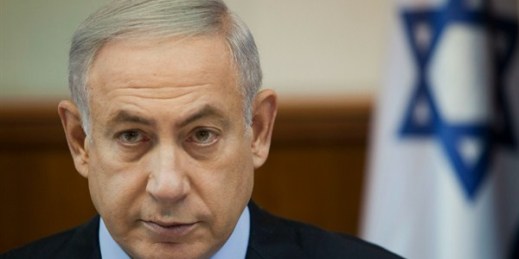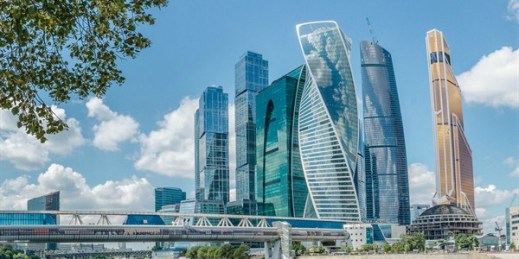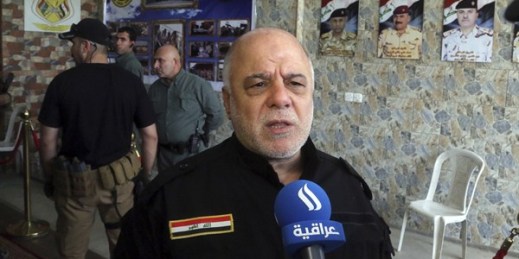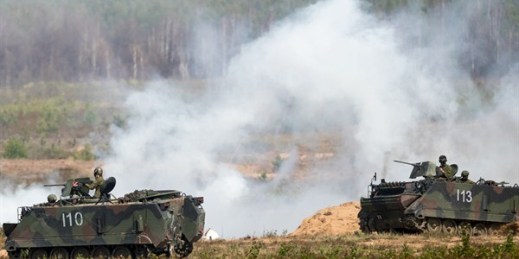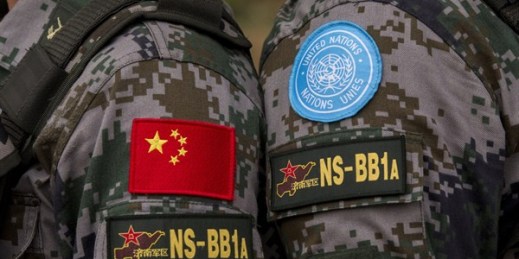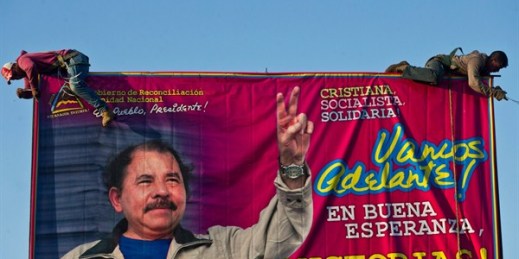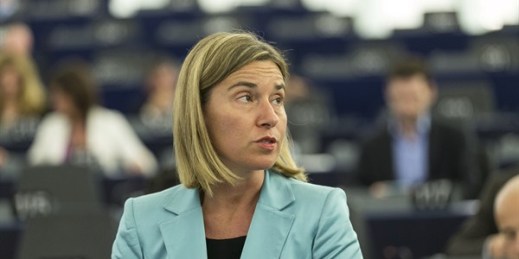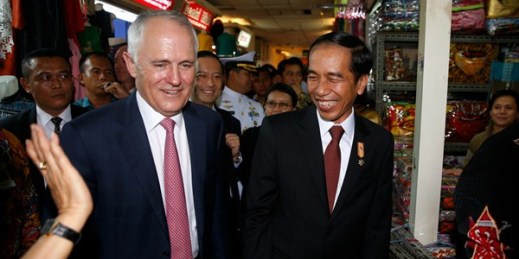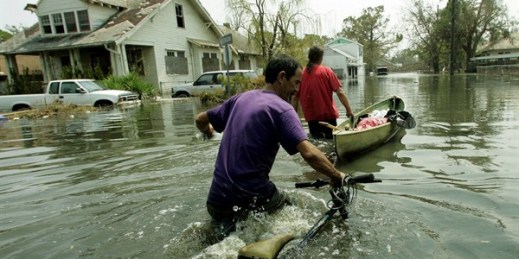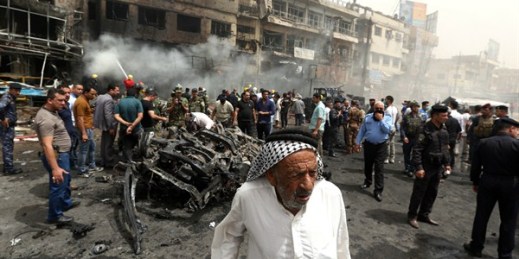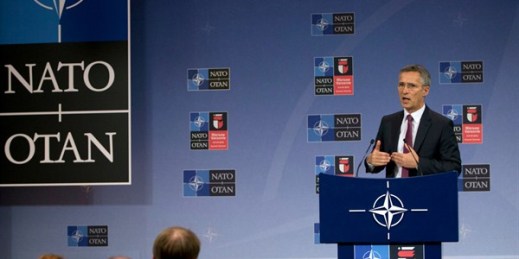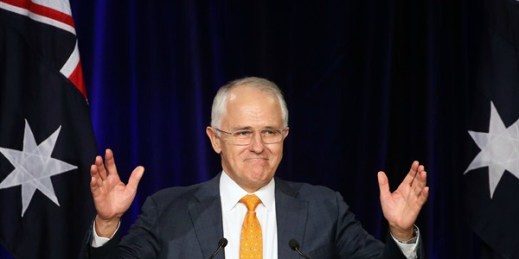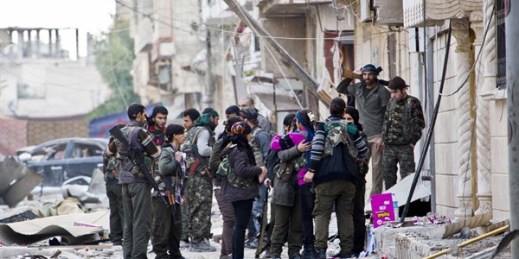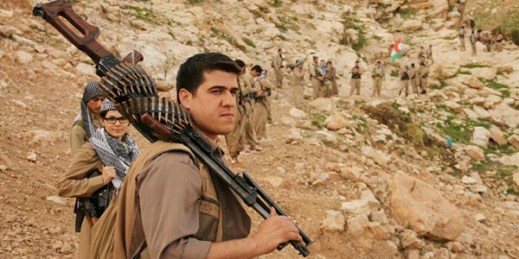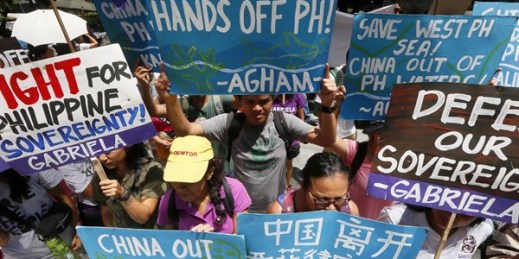
In a landmark ruling Tuesday, an international tribunal in The Hague rejected China’s extensive claims to sovereignty over the waters of the South China Sea, saying they had no legal basis. The tribunal also ruled that Beijing had violated the Philippines’ maritime rights with its construction of artificial islands. The Philippines brought the case to the Permanent Court of Arbitration in 2013 after China seized a reef over which both countries claimed sovereignty. The five-member tribunal ruled that China’s historical claims to waters within the so-called nine-dash line, which covers most of the South China Sea, are invalid since they […]

